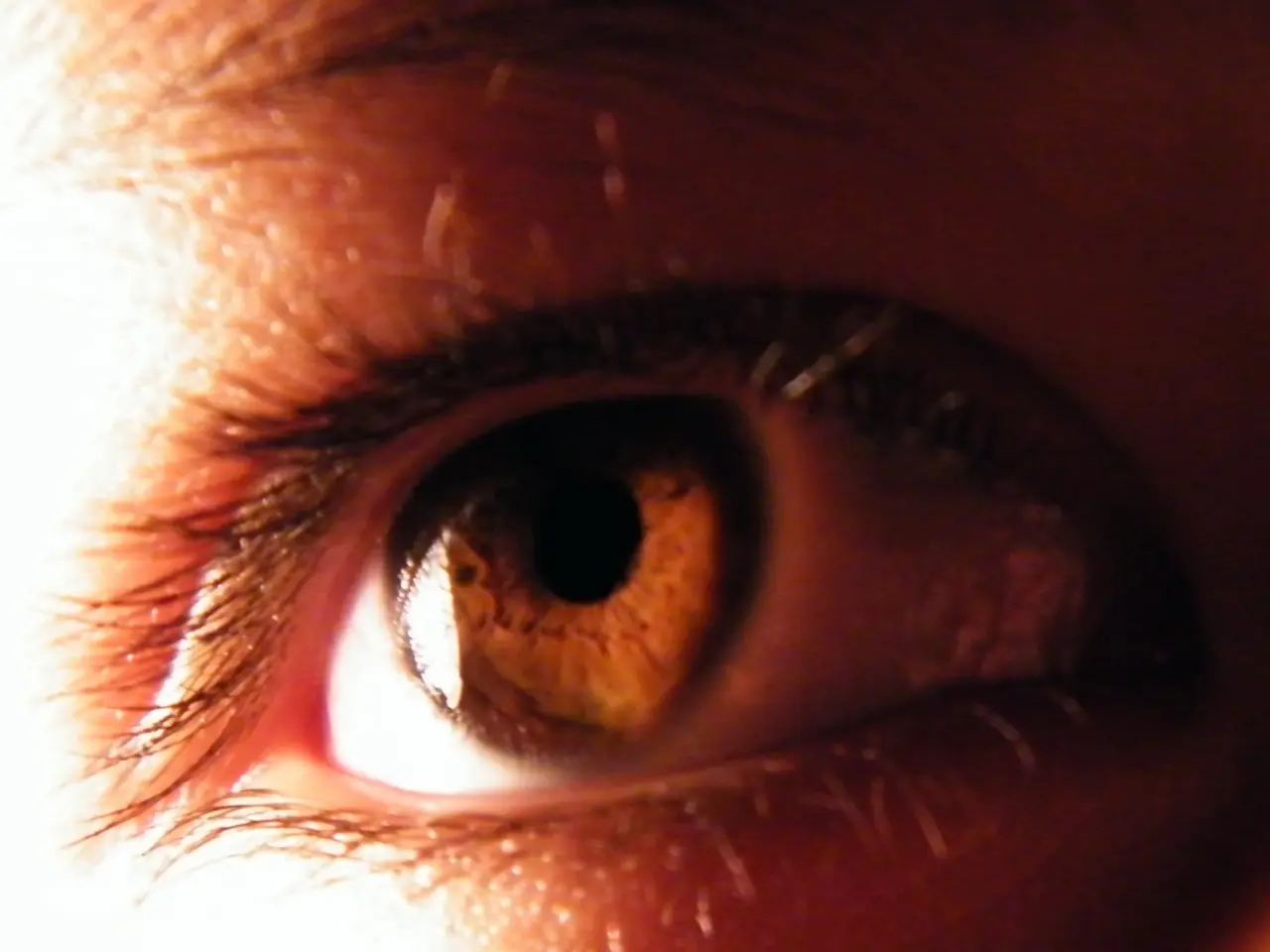The impact of sleep on appearance and attractiveness, as revealed by research.
In the realm of health and wellness, the importance of sleep is often overlooked. However, a growing body of research suggests that quality sleep plays a crucial role in maintaining a youthful and attractive appearance, as well as supporting overall skin health.
A study published by Dr. Eve Van Cauter, a neurologist specializing in sleep medicine at the University of Pittsburgh, has shed light on the connection between sleep and skin. According to her research, during slow-wave sleep, the body creates a hormonal environment that benefits the skin. This environment lowers cortisol levels, reduces inflammation, and supports the skin barrier, all of which contribute to a more youthful and attractive appearance.
The release of growth hormone during deep sleep is particularly significant. This hormone promotes repair, rebuilding, and collagen production, all of which are essential for maintaining skin elasticity and minimizing the appearance of wrinkles. Unfortunately, short-term sleep restriction can reduce skin elasticity and make wrinkles more noticeable.
Sleep deprivation also increases water loss through the skin, making it drier and more vulnerable to damage and aging. Over time, these changes can accelerate biological aging and leave the body less resilient to daily stressors.
Chronic sleep deficiency, or insufficient sleep syndrome, is characterized by getting fewer than seven hours of sleep per night for at least three months, accompanied by daytime fatigue or impaired functioning. This condition can lead to elevated cortisol levels, hormonal disruptions, and accelerated oxidative stress, all of which impair processes that keep skin resilient.
These hormonal disruptions can also potentially worsen acne, as they raise inflammation and stress hormones. Chronic sleep deficiency disrupts collagen production, weakens the skin barrier, and fuels low-grade inflammation that undermines healing.
In addition to its impact on physical appearance, sleep also affects empathy and aesthetic perception. People who are well-rested are more likely to view others positively and be viewed positively in return. Conversely, signs of sleep deprivation, such as paler skin, darker under-eye circles, red or swollen eyes, drooping eyelids, and downturned mouth corners, can make one appear tired and less attractive to others.
Moreover, controlled studies show that sleep loss makes one appear less attractive, less healthy, and more fatigued to others. This can lead to social isolation, as observers are less inclined to interact with or approach someone who looks sleep-deprived.
In light of these findings, prioritizing sleep is a powerful and accessible way to support appearance and overall health. Adequate sleep promotes hydration and barrier function, helping the skin maintain moisture and resist irritation. Consistent, restorative sleep also supports the skin's ability to regulate oil production and recover from irritation.
In conclusion, the connection between sleep and skin health is undeniable. By ensuring we get enough quality sleep each night, we can support our skin's ability to repair itself, maintain its youthful appearance, and resist the effects of aging. So, if you're looking to wake up feeling and looking your best, prioritizing sleep should be at the top of your list.





